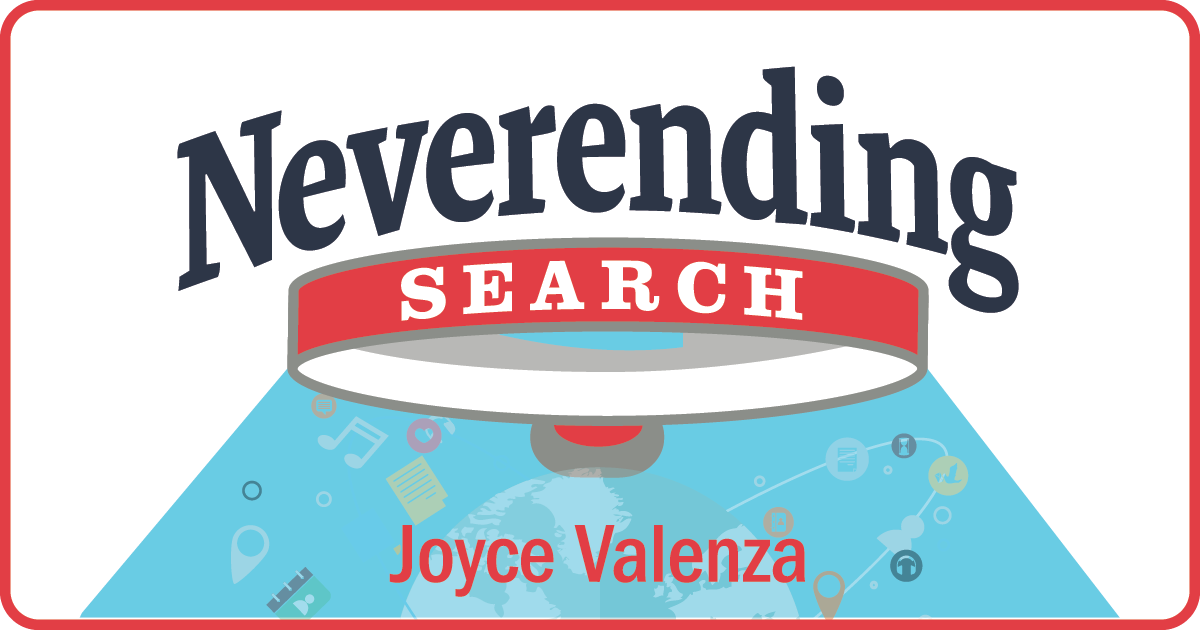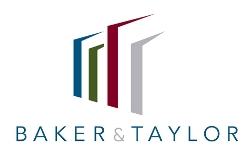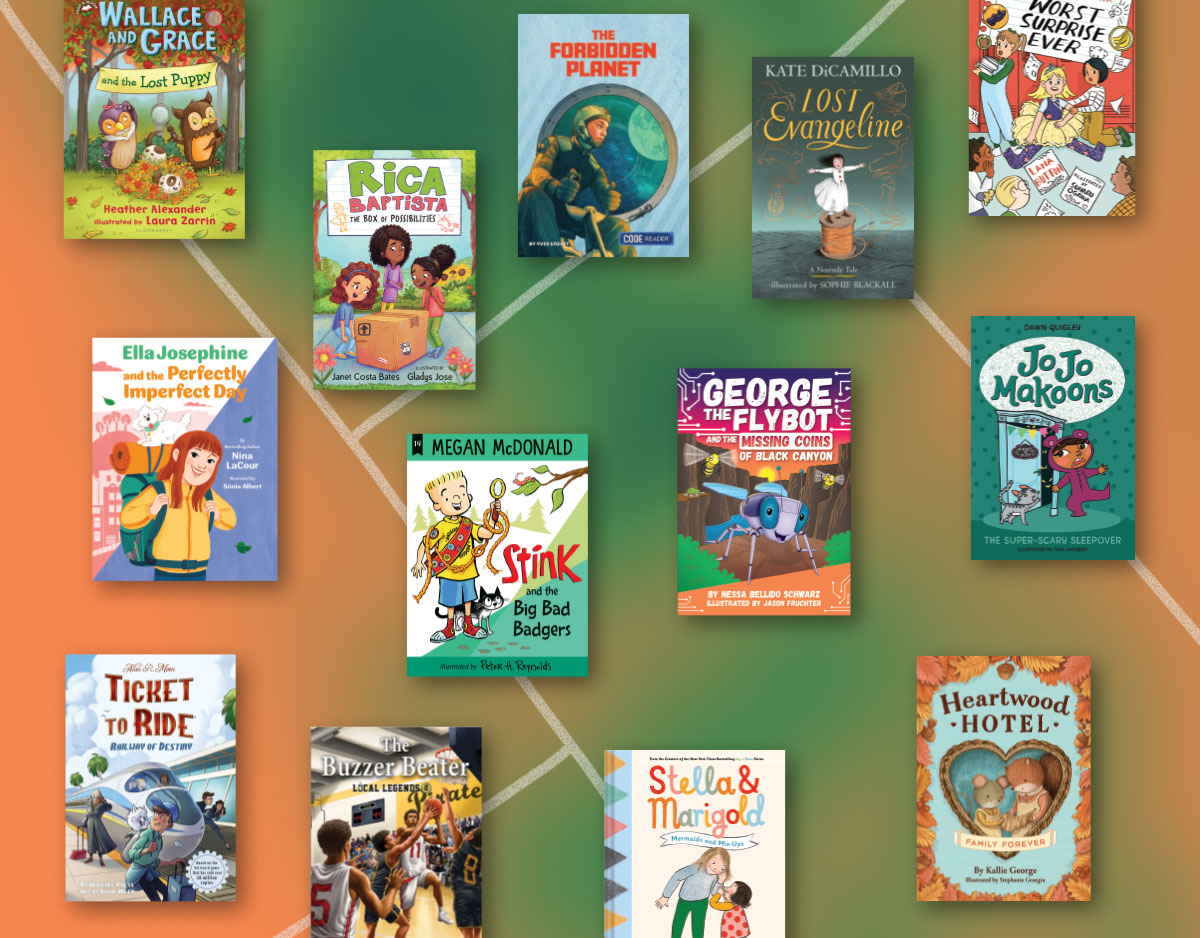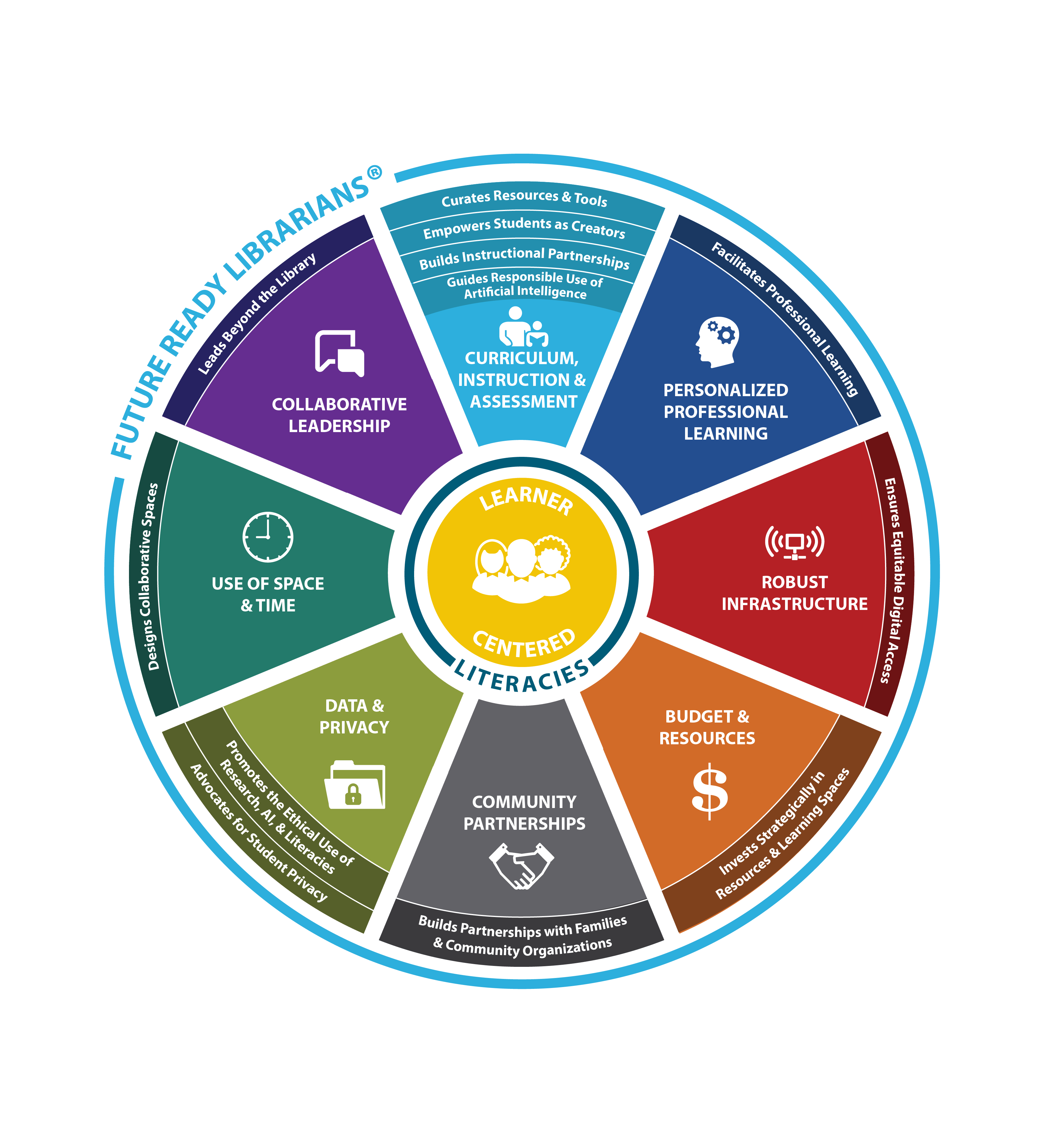SCROLL DOWN TO READ THE POST
The case for strategic planning

It’s like making resolutions, but it’s all about measuring your progress toward keeping them.
In practice, I regret that didn’t create formal plans. I did write at least three goals each year and I reported on my progress.
Those goals moved my program forward and moved me beyond simply making short-sighted hunches that I was simply doing a good job every day.
For example:
Goals pushed me to address the needs of the growing immigrant population in our community by gathering critical resources and developing targeted learning experiences and activities for our ESL students.
Goals pushed me to discover the needs of my administrators and solve their problems by developing LibGuides that connected them to the resources they needed for educational research and for examining effective practice and innovative strategies.
ADVERTISEMENT
ADVERTISEMENT
In my Leadership, Management and Evaluation of School Libraries course in the MI program at Rutgers, my students engage in a culminating strategic planning project. So I was delighted to discover and attend a session on strategic planning at AASL 2019 in Louisville, presented by librarians and administrators from Lee High School in Springfield, Virginia. The Lee High School team was the recipient of the Follett-sponsored 2018 AASL National School Library Program of the Year Award.
The session included Lee High School Principal, Deirdre Lavery, Fairfax County Public Schools Director of Library Services, Priscille Dando, and Lee High School librarians Lisa Koch and Mimi Marquet.
Mimi and Lisa agreed to join me for a chat about the value of strategic planning. Applying for the award forced them to move their own existing bulleted list of goals into a more formal frame to meet the application’s expectations for a strategic plan. They saw the process as an opportunity to reflect on what they were doing well, identify their strengths and to identify areas for growth. In other words, they saw the process as an opportunity to move an already effective program to the next level.
Why plan?
Among the reasons Mimi, Lisa and I discussed together— planning:
- creates a baseline and allows you to measure growth
- provides evidence of and for practice, making your practice and your progress transparent.
- allows you to share with administrators the role the library plays in the learning culture of your school.
- allows others to understand your value by allowing them to better understand your job.
- demonstrates the depths of your program. (Lisa and Mimi’s principal responded by saying, “You do all that?”)
- connects your mission and vision and your goals with the strategic plan for the school or district, sharing evidence you are rowing in the same direction
- encourages you to develop thoughtful goals that are SMART–specific, measurable, attainable, relevant or realistic, and time-bound

Mimi and Lisa were excited to begin their planning process with AASL’s 2017 National School Library Standards, particularly with the structure provided by the School Library Evaluation Checklist in Chapter 14, also available as a printable PDF document on the Standards Portal.

They used this coding system to identify strengths, under each of the six Shared Foundations.
Faced by the ever-intimidating blank page, as they began to plan, the librarians decided to use a template based on the Future Ready Librarians initiative to document their practice and progress. While they acknowledge that there are many effective templates available, the Future Ready Librarians template functions as an excellent choice to connect library goals to the larger goals of a Future Ready School.
Here are some sample pages from the current Lee High School Plan.
As for a few final pieces of advice, Lisa shared:
Wherever the baseline is, every program has that space where it can grow, even programs that are thriving or excelling. Wherever your baseline is, when you identify it, good job.! You’ve noticed where you are and you can see where you’d like to be.
Planning can be intimidating, but just dive in! Make sure you are professionally engaged. Explore social media, especially Twitter. Try to get to conferences. Connect with professional organizations. Look for inspiration both in and outside of library settings.

Also noting that planning can be overwhelming, Mimi shared:
We get it. This is hard. You don’t need to address everything. Address one strand you’d like to work on and take it in chunks.
Begin by documenting initiatives you may have already begun or begin by identifying the most critical areas for growth.
Remember to tap into resources that already exist. For instance, connecting to your school improvement plan is a perfect way to indicate to your principal that you are engaged, that you want to contribute, and that you are on their team.
For more information:
- Lee High School Library Creating Strategic Plans LibGuide
- Strategic Planning Template (Based on Future Ready Librarians)
- AASL Standards & Future Ready Librarian Crosswalk
- AASL School Library Evaluation Checklist
Additional planning resources I share with my students:
- Massachusetts Library System LibGuide on Strategic Planning
- Massachusetts Library System: School Library Media Center Long Range Planning Guide (Markuson, Zilonis, Fincke)
- Sally Reed, United for Libraries: A Library Board’s Practical Guide to Strategic Planning
- SLDirectory’s resources on School Library Mission Statements, Action Plans, Action Resource and Annual Reports
- Overview for Writing Goals and Objectives (South Carolina Dept. of Education)
- Martha Alewine’s Writing Goals and Objectives
- Writing Goals and Objectives – U.S. Department of Education (Smaller Learning Communities Program)
- NYC School Librarian Guidebook (see also sub-pages)
- Vision and Mission – What’s the difference and why does it matter?
- Developing a Vision and a Mission – ASCD
- Mission and vision statements (National College for Teaching and Leadership)
- Resources for School Librarians Mission Statements
- MindTools Mission and Vision Statements
- Shannon Miller’s Padlet on Mission and Vision Statements
- Johan Koren: Vision, Mission, Goals and Objectives for the School Library Media Program
Filed under: technology
About Joyce Valenza
Joyce is an Assistant Professor of Teaching at Rutgers University School of Information and Communication, a technology writer, speaker, blogger and learner. Follow her on Twitter: @joycevalenza
ADVERTISEMENT
SLJ Blog Network
LAST CALL for 2025 Undies (Case Cover) and Endies (End Paper) Award Submissions! Deadline is Oct. 31st!
Announcing Evanston Public Library’s 101 Great Books for Kids: 2025 Edition!!
Recent Graphic Novel Deals, Early October 2025 | News
Looking Ahead on Heavy Medal
Cindy Crushes Programming: Video Games in Real Life, by Teen Librarian Cindy Shutts
The Classroom Bookshelf is Moving
Derrick Barnes Visits The Yarn
ADVERTISEMENT
ADVERTISEMENT













